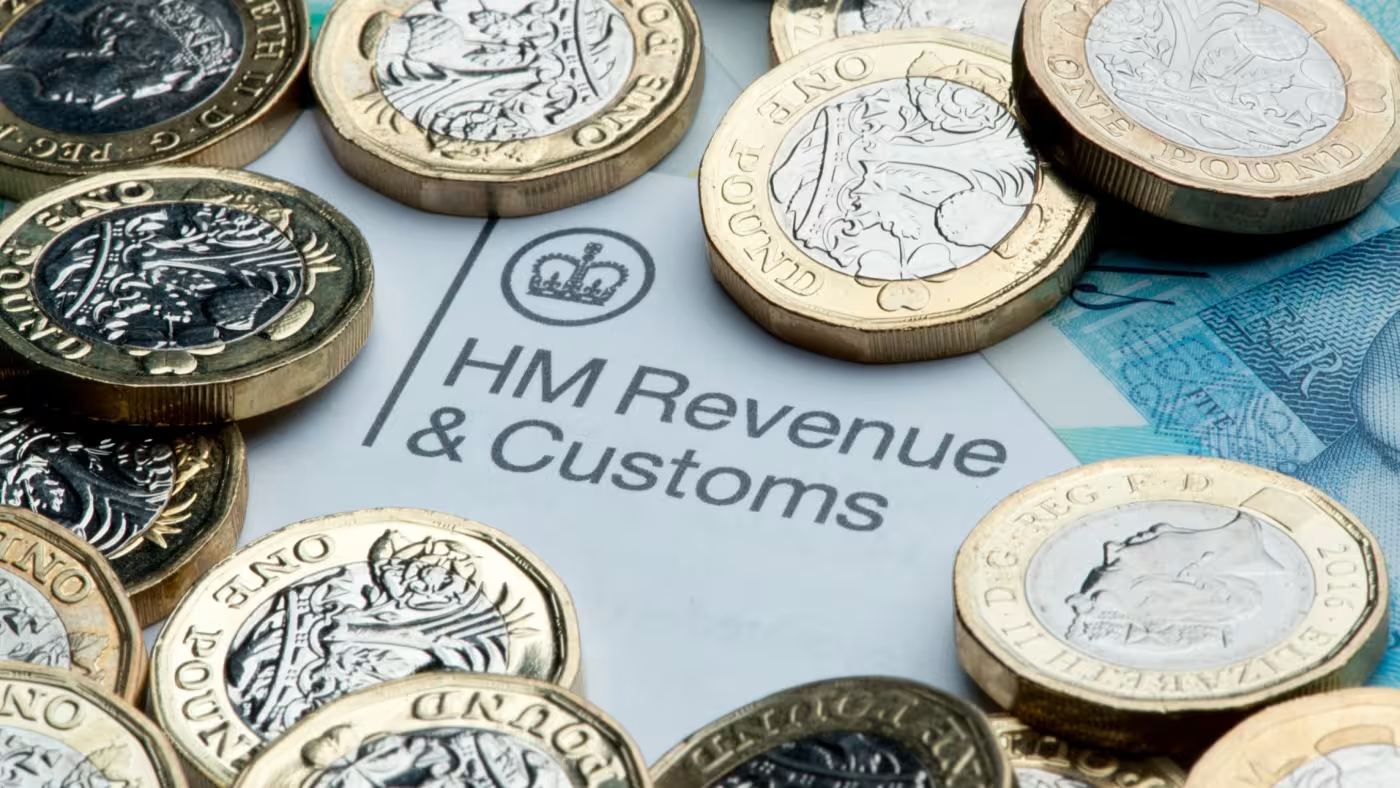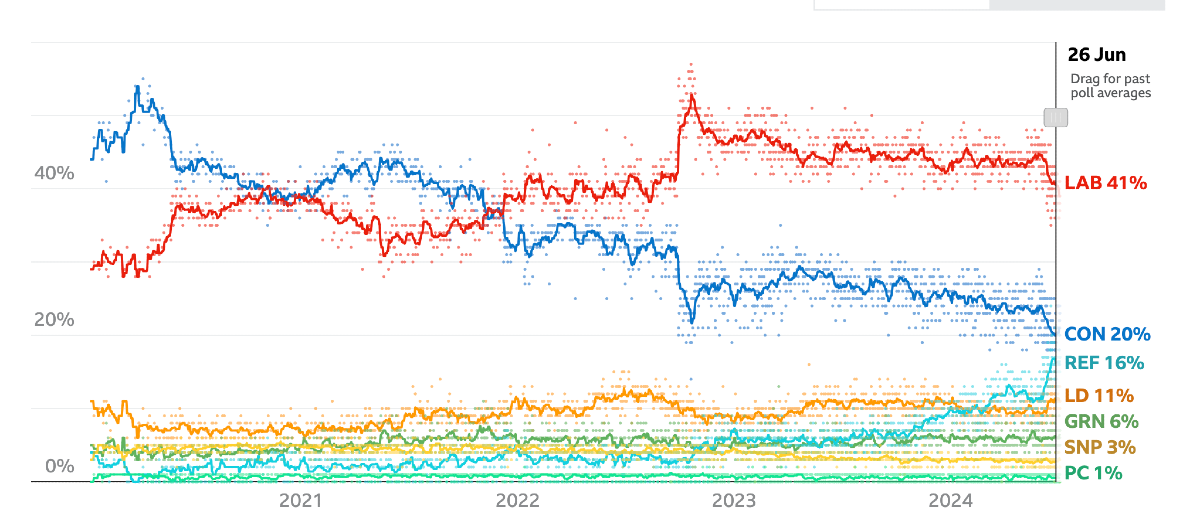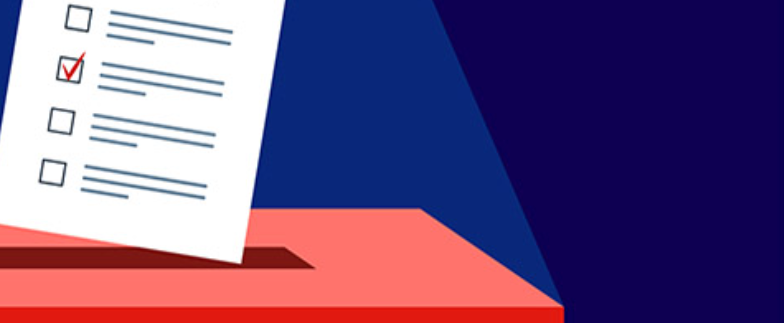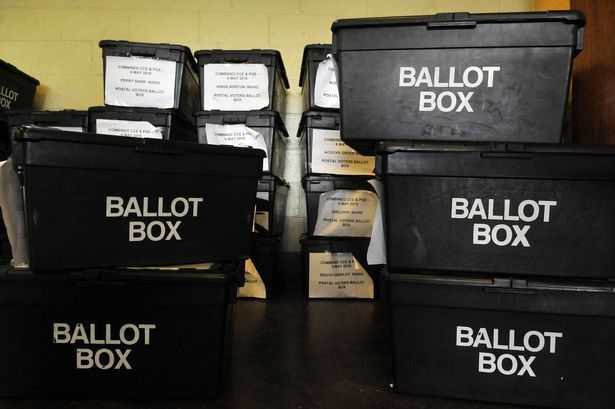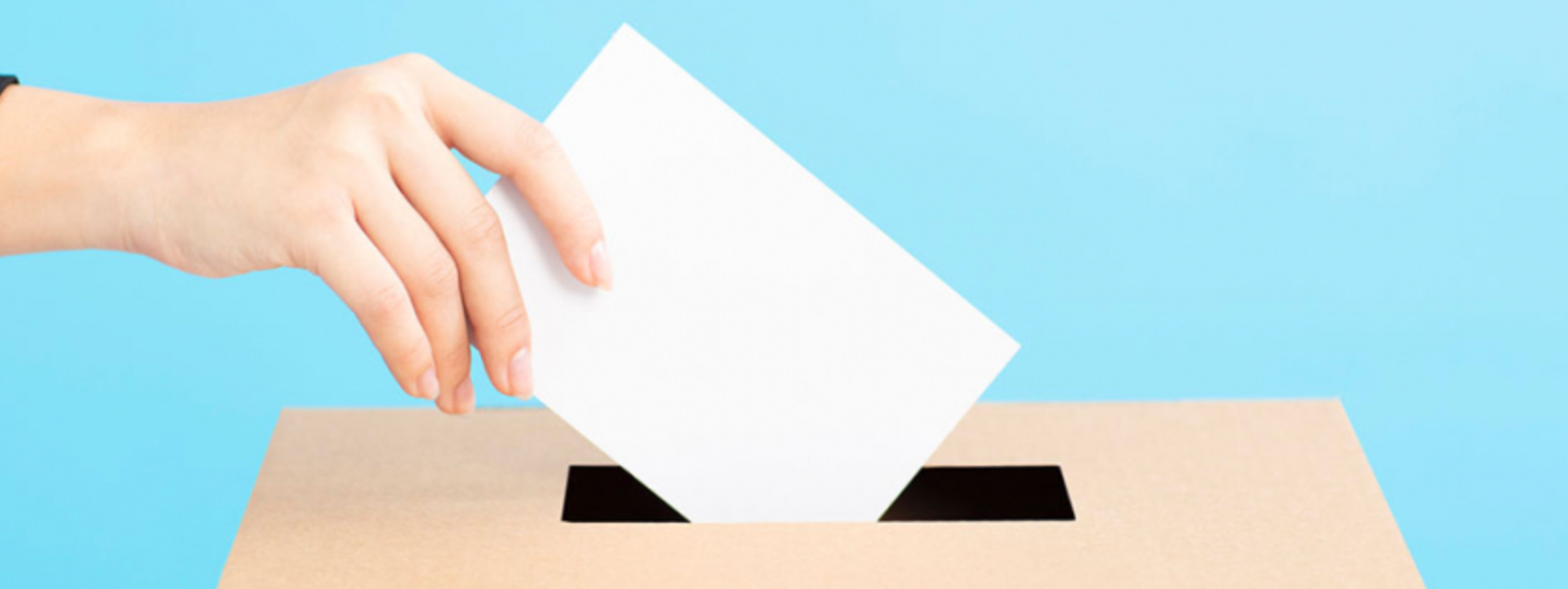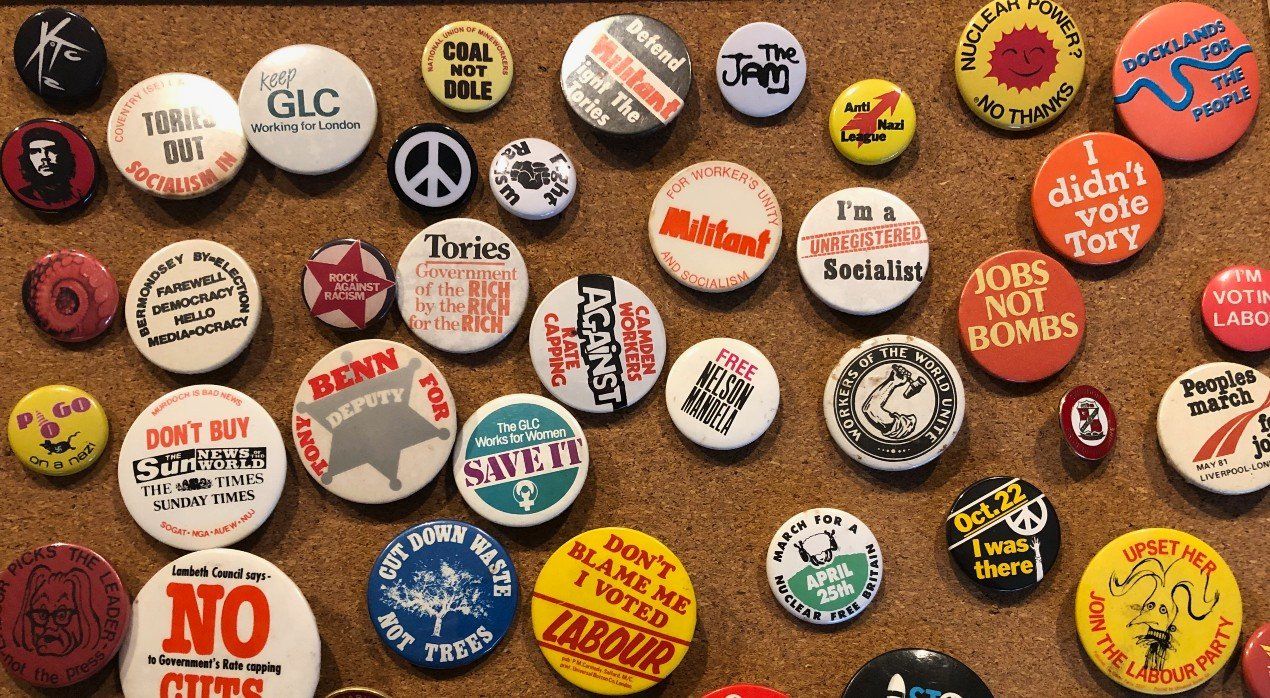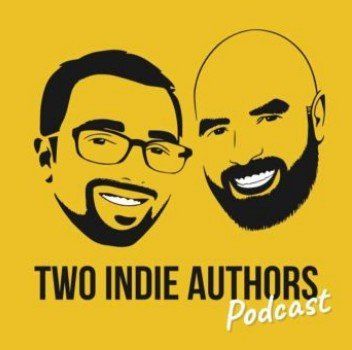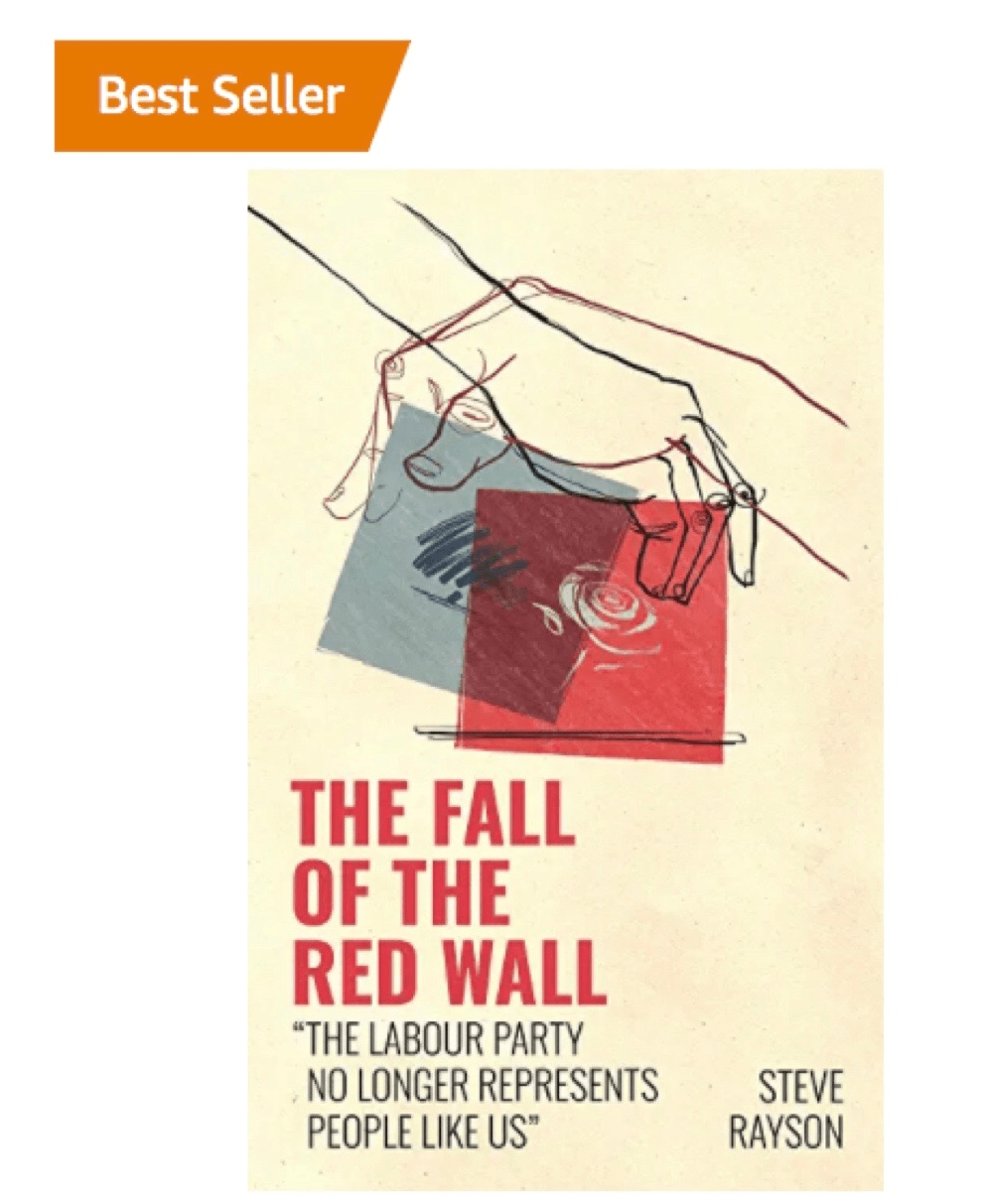Why Indie Authoring?
I initially became an Indie author through my own impatience in the summer of 2020. I had written a book about Labour's catastrophic performance in so-called Red Wall seats at the December 2019 UK election and was keen to get it published. When I spoke to potential agents and publishers I was amazed that even though the book was written, it would take up to two years to get it published.
I was convinced the book was of the moment and there would be far less interest years down the line. Determined to get the book out to the world I read about Amazon KDP publishing. It seemed it was possible to publish the book on Amazon as an ebook and as a paperback almost immediately. Enthused I purchased a licence for Vellum (software that formats and produces your book in the correct format for both ebooks and physical books), imported my Word document and learnt how to use the software in a day or so.
I asked my favourite graphic designer to design me a cover and uploaded all of my files to Amazon. After a short review and approval process my book was available to buy on Amazon. I did a little of my own marketing, sending the book to various blogs and journalists, and paid for some very limited Amazon marketing. To my surprise the book quickly became the bestseller in its category, selling four thousand copies.
In retrospect despite employing a developmental editor, I should have engaged a copy editor and/or a proofreader. I am now a little embarrassed at some of the typos that crept in, though I did update and upload the files when I came across errors to correct them. In my rush to get the book out I didn't do enough rigorous editing. Thus when it came to my second book, a political memoir which wasn't time critical, I decided to rectify these mistakes and gave myself almost a year after the first draft was complete to edit, review and improve the book. I sent the book to over twenty friends to read and review, many of whom picked up various errors. I also employed an editor and a proofreader to ensure the book was a professional Indie book.
Professional Indie Publishing
I think I first heard about professional Indie publishing from James Altucher. While replying to a post on Quora he explained why he had chosen to Indie publish his book and why it was important to be a professional Indie publisher. One of the major roles played by publishers is to provide some form of quality control over books. The danger with Indie publishing is that people can and do publish some very low quality books. However, when the Indie publishing is done professionally it is impossible to tell the difference between a book from a traditional publisher and a professional Indie book. I agree with Altucher when he says that being professional means employing editors, copy editors, proofreaders, and graphic artists, and investing similarly in marketing.
The Benefits of Professional Indie Publishing
- Speed to publication. The additional layers of quality control from research to editing to proofreading do add time to the process but Indie publishing is so much faster than traditional publishing.
- Control. You have more control of the whole process including matters such as the cover design and the final content.
- Revenue. You receive a much higher share of revenue. For example, if you go exclusive on Amazon Kindle you receive 70% of the revenue.
Challenges of Professional Indie Publishing
There are challenges of self-publishing. Fundamentally you are responsible for publication, quality control, marketing and accounting.
Publication involves the formatting of your book. This can be done with existing software tools. As I mentioned I personally use Vellum which produces ebook formats for Kindle, Nook, Kobo etc., and ready to print paperbacks and hardbacks.
Professional quality control requires you to employ an editor and a proofreader at a bare minimum. Please do not make the mistake that I did on my first book of thinking you can proofread your own work. In the case of my second book Badgeland, I worked with an editor on the first draft. I then had over 20 beta readers review the edited book. They were not proof reading but they picked up many issues. For the proof reading I created a style guide based loosely on a guide for Pluto Books, which produce political books, for example percentage numbers were formatted as 30 percent, dates were formatted as 16 March 1987, film, book and song titles were italicised, and newspaper headlines were contained in single quotes. I engaged a proofreader to spend two weeks on the book before making my final changes and uploading the files to Amazon. Amazon also allow you to produce a proof copies of the paperback to check before finally publishing the book.
Marketing is the biggest challenge for most Indie authors. Publishing houses will have marketing teams who will seek to get your book in front of the right reviewers, organise your book launch etc. As an ex-marketer I personally loved the challenge of marketing the book but it doesn’t suit all Indie authors. I have provided some guidance and advice in my blog post about developing a book marketing plan. The key things are:
- Build your own email list of friends and supporters. Over time this will grow and allow you to keep in touch with your supporters. You can incentivise people to give you their email by providing them with bonus chapters or updates.
- Ask people to post reviews of your book on Amazon, you can also do this at the end of your book itself. You can also look at review sites such as Independent Book Review or Reedsy Discovery.
- Offer the book to relevant blog and review sites in advance of publication.
- Create an author website where people can read about your book, find out more about you and sign up to your email list.
- Test advertising on either Amazon or Facebook or both. It is essential that you understand your target audience. For example, if you know what books they read you can post your Amazon adverts next to those books, or if your demographic is women over 50 you can target them on facebook. The Key is to start small and review how well your ads are working.
- Look at promotional sites such as BookBub where they may promote your book after publication as part of a discounted promotion. You can submit your book for a featured deal.


